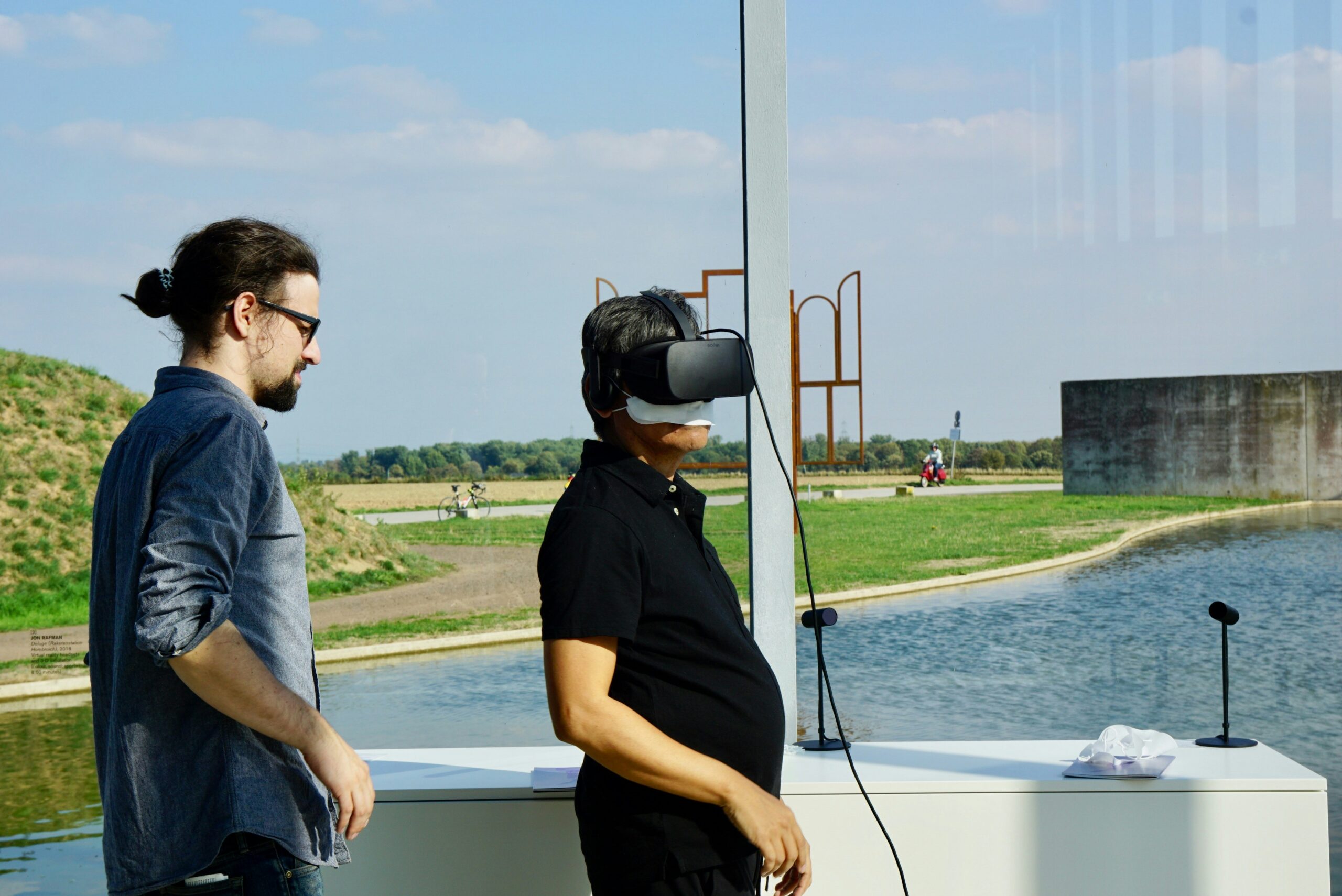Quantum computing has ceased to be a figment of the imagination, a dream you read about in a theoretical physics text or a schema that ends up in some science fiction stories. In earlier days of the 21st century, quantum computing is bringing the next transformation of technology across different industries such as healthcare, finance, logistics, artificial intelligence, etc. To appreciate the broader implications of this change, though, we first need to know what quantum computing is, how it differs from classical computing, and what fields it’s likely to transform.

What is quantum computing?
Fundamentally, quantum computing relies on the principles of quantum mechanics, a branch of physics that explains how particles behave on the smallest scales. Quantum computers process information using quantum bits, or “qubits,” compared with the binary bits (0s and 1s) of classical computers. Due to a quantum property known as superposition, a qubit can be in a state of 0, 1, or both at the same time. This is something that allows quantum computers to compute many calculations simultaneously, which is what makes them exponentially better than previous computers.
Entanglement is another key principle of quantum computing. It means that if two qubits become entangled, the state of one qubit is directly related to the state of the other qubit, no matter how far apart the two qubits are. This interconnectivity allows quantum computers to manipulate complex sets of data and solve problems orders of magnitude larger than is possible for classical computers.
Why Quantum Computing Matters
Quantum data transfer, when achieved, will lead to very great growth in computing power. Although powerful, classical computers struggle with particular types of problems that are computationally intensive. For example, modeling molecular interactions for drug discovery or optimizing complex supply chains takes years for classical computers to solve. Quantum computers will reduce this time to just hours—or even minutes—as they can perform many computations at once.
Beyond the speed factor, quantum computing has other differences. It’s about unlocking completely new kinds of problem-solving that were once considered impractical or even impossible. Researchers and engineers exploit quantum phenomena to solve problems that, in a classical framework, would otherwise remain unsolved.
Applications of Quantum Computing

1. Healthcare and Drug Discovery
One of the most promising applications of quantum computing lies in healthcare. Traditional drug discovery methods involve labor-intensive trial-and-error processes that are both costly and time-consuming. Quantum computers, however, can simulate molecular structures and interactions with unprecedented accuracy. By modeling how potential drugs interact with target proteins, quantum computing accelerates the development of new treatments for diseases like cancer, Alzheimer’s, and infectious diseases.
Additionally, quantum algorithms can help identify genetic markers for diseases, enabling personalized medicine tailored to an individual’s unique genetic makeup. This paradigm shift can potentially improve patient outcomes while reducing healthcare costs globally.
2. Financial Modeling and Optimization
The financial sector stands to gain immensely from quantum computing. Tasks such as risk analysis, portfolio optimization, and fraud detection involve analyzing vast data and solving highly complex mathematical models. Quantum computers can process these models more efficiently than classical systems, allowing financial institutions to make better real-time decisions.
Moreover, quantum cryptography is paving the way for more secure financial transactions. By harnessing quantum principles, companies can create unbreakable encryption methods, safeguarding sensitive data against increasingly sophisticated cyber threats.
3. Artificial Intelligence and Machine Learning

Computational power is indeed the lifeblood of artificial intelligence (AI) and machine learning (ML). Quantum computing augments these approaches by accelerating the training of sophisticated models and increasing their precision. For example, quantum algorithms can process larger datasets significantly quicker, leading to improved pattern recognition and decision-making capabilities.
Quantum-enhanced AI has the potential to spark breakthroughs in applications such as natural language processing, image recognition, and autonomous systems that fundamentally change what machines are capable of. Something like this has already been seen in the rise of self-driving cars and advanced robotics, but quantum computing will accelerate innovation in AI to a new level.
4. Supply Chain and Logistics
Supply chain optimization is complicated, involving multiple problems with routes, inventories, and demand forecasts. Because quantum computers can process multiple variables at once, they’re especially well suited to dealing with such optimization problems. And corporations such as DHL and Volkswagen are already experimenting with using quantum algorithms to improve their logistics work, optimizing cost and efficiency.
Quantum computing could be used to optimize real-time delivery routes based on traffic conditions, weather patterns, and vessel capacities. The ability allows transportation networks to increase efficiency and profit margin and reduce their amenability effect on the environment
5. Climate Modeling and Sustainability
Combating climate change is one of humanity’s most pressing challenges, and quantum computing provides a key weapon in this battle. Classical hardware limits the realism of conventional climate models, while quantum computers can better simulate complex systems. This improved modeling capability enables scientists to scale climate models, assess the effectiveness of mitigation strategies, and optimize renewable energy resources.
Quantum algorithms, for example, can contribute to the design and optimization of solar panels, wind turbines, and battery technologies that expedite the transition toward sustainable energy systems.
Challenges and Limitations
Quantum computing may hold promise, but it is not without complications. One of the biggest challenges is error rates. Quantum systems are vulnerable to environmental interference that can lead to calculation errors. During October 2023, data scientists are actively working on error correction techniques, but completing stable and reliable quantum systems is still work.
Scalability is another constraint. It is technically complicated to build quantum computers with many qubits, and advanced material and engineering solutions are needed to implement them. Besides, the cost of quantum technology and the infrastructure required for it is not feasible for a large number of organizations, thus preventing it from becoming widespread.
Lastly, there is the issue of security. And while quantum cryptography guarantees unparalleled security, the very technology could be employed to decrypt existing encryption techniques, rendering data potentially vulnerable.
The Road Ahead
We’re still in the early stages of the quantum computing journey, but rapid progress is being made. IBM, Google, and Microsoft are among the tech giants that have been making substantial advances in quantum hardware and software, along with start-ups and academic concerns. And governments across the world have been pouring money into quantum research, understanding its prowess to propel economic growth and technological supremacy.
With the acceleration of development and the maturation of technology, quantum computing will flow out of the experimental lab into mainstream industry applications. We can expect to see hybrid systems that will be a blend of quantum and classical systems to take advantage of both technologies’ strengths.
Finally, quantum computing must not be neglected for the ethical consequences. Like any transformative technology, it’s vital to ensure that advances in quantum are harnessed responsibly and in a way that enables quantum to benefit society rather than entrench existing disparities.
Conclusion
Quantum computing is a paradigm shift and could change what we think technology can do. Enabling new capabilities across sectors spanning healthcare, finance, AI, and sustainability, quantum computing is set to deliver solutions to some of the biggest issues facing us today. But realizing that potential demands conquering technical, economic, and ethical challenges.

